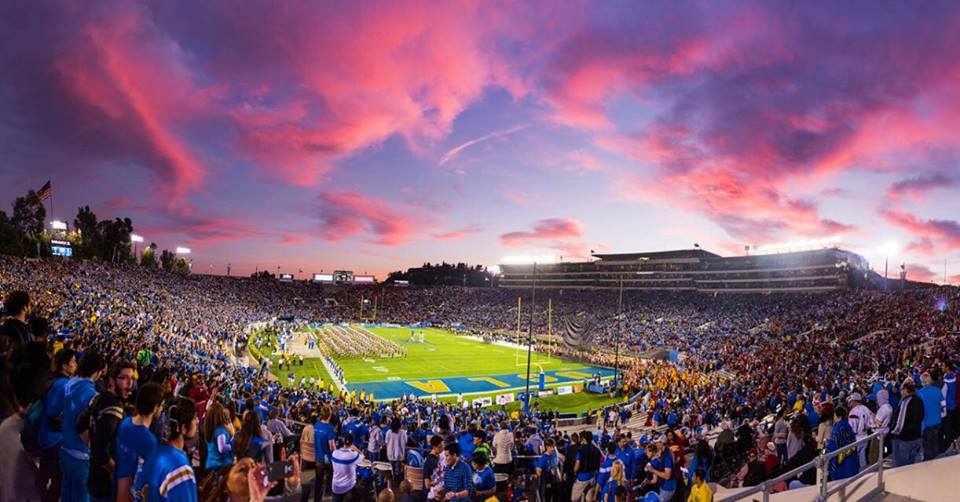
The outgoing president of the Rose Bowl Operating Company suggests that the City of Pasadena should consider helping stabilize the stadium’s finances, pointing to several distinct challenges.
Pasadena city councilmember Victor Gordo has served as president of the Rose Bowl Operating Company (RBOC) since 2010, but announced late last month that he was stepping down from his post. Over the last several years, Rose Bowl Stadium has been modernized in ways that help it remain viable in the competitive Los Angeles market. While there has been a sharp uptick in revenue with those improvements, Gordo feels that the Rose Bowl could face some challenges over the long run.
Operation costs–specifically in areas such as traffic management and security–continue to rise, while the venue has to find ways to remain viable in constantly evolving sports, music, and entertainment markets. Gordo feels that the city could help in this area by working to stabilize the Rose Bowl’s finances, a move he believes would not only allow it to remain competitive but produce benefits for the surrounding neighborhoods. More from Pasadena Now:
“I believe that there’s a challenge to be put before the city of Pasadena and the City Council in order to allow the Rose Bowl to continue to be successful, and to be stable and not overburden the surrounding neighborhoods or the surrounding park space.”
Gordo also noted that “The Rose Bowl is at the mercy of multiple markets including the music, entertainment and sports markets. That is a year-over-year challenge. This year may be different than next year. This year is certainly different than last year. And that will continue until there’s some long-term stability for the Rose Bowl.”
As Gordo explained, security and traffic management costs have also risen exponentially.
“Security today at a major stadium is not what security was, pre-2011. And certainly not pre-2001,” he said. “Everything has changed, and it’s not going to go down anytime soon. So, the City of Pasadena, as the owner, needs to find a way to help the stadium find financial stability because ultimately that means neighborhood stability.”
Gordo was reluctant to specify the exact method or amount of money needed to “stabilize,” the stadium, but said the RBOC and Council knew years ago that the stadium needed to improve, and that the market would only grow more competitive.
The Rose Bowl, along with surrounding park space, is owned by the City of Pasadena. Although modernization has helped it remain viable for college football and other events, the Los Angeles market is very competitive: the LA Memorial Coliseum just finished a $300 million renovation, while Inglewood’s SoFi Stadium will open next year, and smaller sports and entertainment venues–such as Los Angeles FC’s Banc of California Stadium–can also lure events to the region. Rose Bowl first opened in 1922, and currently hosts UCLA football, the annual Rose Bowl game, and other events.
Image courtesy Rose Bowl Stadium.
